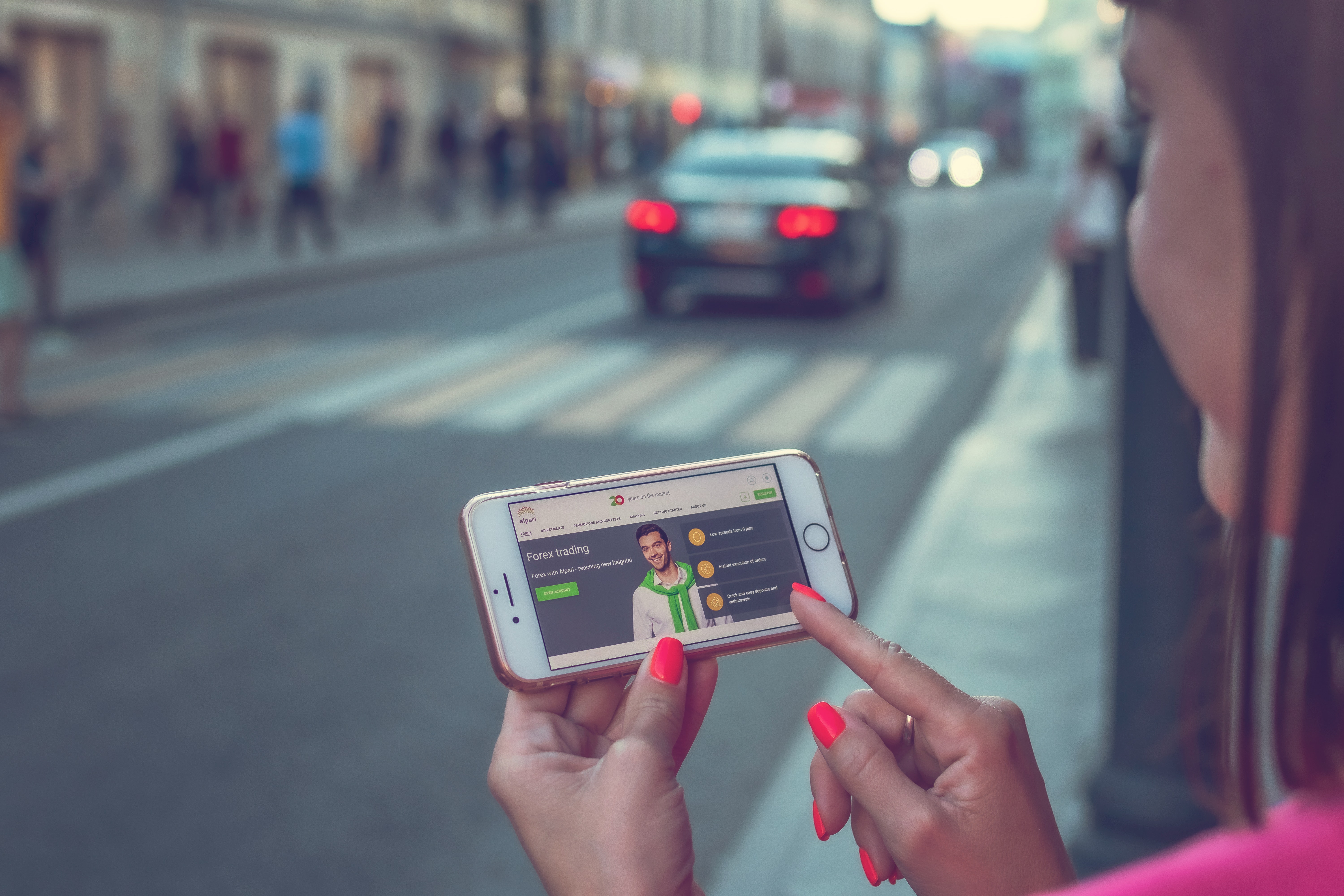
Are you single and wondering why you keep meeting ~*suboptimal*~ people online? Don’t worry – the problem is not you! It’s how we deal with these dating apps. We all have an ideal partner in mind and some of us have lists to help us narrow down our search. But what happens when we apply those rules to our online dating search?
According to a study I conducted with 1500 active online daters, 85% reported having a list of 7 main requirements that they use when searching through apps. The main 7 requirements were: physical features, body type, education level, personality type, political view, and religious affiliation. However, when they searched for potential dates using their apps, 70% reported selecting people based on just 1 or 2 of their list requirements. Even when they abandoned their own requirements, after their first date 90% reported their selection lacked chemistry when they met IRL.
What are some of the reasons this occurs?
The Dating Paradox. Dating apps are creating a paradox effect: giving off the illusion of many choices, while making it harder to find viable options. Apps have become the new bar, but sometimes you may unknowingly walk into a frat party; a drunk feast; 2am stragglers; or a concubine expecting to find decent people. This is not just disempowering, it erodes your self-esteem and alters your decision-making ability.
The end result is not making you pickier, it is making you choose based on lowered expectations.
Vanity Validation. Since some are interfacing digitally more than physically it is much easier to emotionally manipulate others because they are reliant on what I call “Vanity Validation“. Their digital persona is constantly seeking more validation through electronic likes/swipes, not life experiences. The paradox effect in dating is creating the illusion of having more social engagement, social capital, and popularity, but masking one’s true persona. The one you portray on social and the true you, for some, creates a double consciousness. Which one is seeking dates? Can you have a better sense of what you want when you’re experiencing cognitive dissonance?
We’re treating people like we do our social media streams. The shiniest object is what we briefly focus on, then move onto the next shiny object. Yes, we are an immediate gratification culture; but our needs aren’t being met when we scan, swipe, and dismiss. We’re overlooking good candidates for those that photo filter better.
You aren’t in the market for best camera skills, you’re searching for someone that can life co-create with you.
Don’t let FOMO be the reason you keep swiping. 60% of millennials reported feeling FOMO as one of the primary reasons they were overactive online daters. Women expressed feeling FOMO about not having a SO more than men. Men expressed feeling FOMO about not having as much sex as they’d like to have. If you’re comparing yourself to someone else’s profile, aren’t you discounting yourself?
When you begin to entertain people you wouldn’t normally entertain. Don’t force-fit someone into your life because you are experiencing online dating burnout. The process of several serial dates with people that you lack chemistry with or experience rejection from people that you think are potential candidates can be very frustrating and result in online dating fatigue. But, don’t let the fatigue inform who you choose.
Ghosting, benching, haunting, and breadcrumbing [Insert the next suboptimal behavior here] are normative. According to my research, 80% reported it being easier to ghost, bench, gaslight or breadcrumb because of the lack of communication and face-to-face interaction. Many reported that using apps was very ego-validating and helped boost their confidence. That’s right- they are looking to boost their confidence or ego by racking up matches with no real intention of meeting you.
Unclear about wants vs needs. If we only broadcast the “look at me”, are we able to deal with the side of rejection, detachment, and non-commitment? Are we able to really know what we need versus what we want? Each swipe and date is us collecting data on what combinations of qualities will truly make us happy. Do you have a strong sense of what that would look like?
Approaching dating as though it is testing out what I call, Your Happiness Hypothesis: Your Personal Love Algorithm, where you will treat dating like you are collecting data on what you want and don’t want. It will provide you with a map of combinations of qualities and characteristics that better compliment you. In this way, you are reversing the process of what random pool gets sent to you or selects you.

